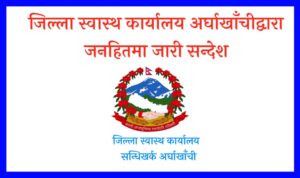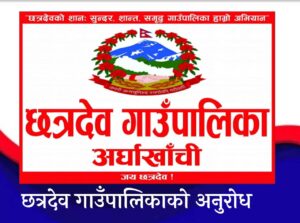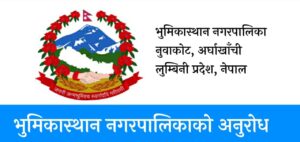Peruvians voted Sunday in a close-fought election on whether Keiko Fujimori, the daughter of an ex-president jailed for crimes against humanity, will be their new leader.
Last-minute polls showed Fujimori, 41, tied with her center-right rival, former Wall Street banker Pedro Pablo Kuczynski, 77.
Polling stations opened at 1300 GMT under cloudy skies in the capital Lima and across the country of 30 million people.
The election has forced voters to confront the South American nation’s dark past.
Many mistrust Keiko Fujimori because her father Alberto is in jail for corruption and the slaughter of alleged terrorists in the 1990s.
Others hope she will, like him, take a tough line on security to fight a wave of violent crime.
Both have vowed to heal divisions dating to a 1980-2000 civil conflict involving leftist insurgents.
“I want to be president of Peru to work for change… to build a great, prosperous country that is united and reconciled,” Fujimori told supporters at her closing campaign rally late Thursday.
“With the support of all of you, I will have the honor of becoming Peru’s first woman president.”
Kuczynski, a flute-playing economist, stressed his long experience as a banker and former minister.
“We will not have to read the instruction manual, because we know what must be done,” he told supporters.
“I am old, but my noggin and my experience are still working.”
Both candidates are right-leaning, US-educated politicians.
Fujimori and her Popular Force party are seen as more populist. Kuczynski has ties to international business and finance.
Fujimori is the granddaughter of Japanese immigrants. Kuczynski is the son of a German doctor who treated lepers in the Amazon jungle.
Polls on Saturday showed Fujimori had lost her earlier lead. The two candidates were locked in a technical tie.
A survey by Ipsos gave Kuczynski 50.4 percent of the vote to 49.6 percent for Kuczynski. Pollster GfK gave Kuczynski 51.1 percent to 48.9 percent for Fujimori.
“The gap could widen… if Kuczynski keeps rising,” said Alfredo Torres, president of Ipsos Peru.
“Or it could reverse if Popular Force activists manage to boost votes in their favor in the interior of the country.”
The election campaigns have been stained by allegations of corruption and irregularities.
Ahead of the first round, opponents tried to get Keiko Fujimori excluded for alleged vote-buying.
The electoral board dismissed the case against her but expelled several other candidates.
A corruption scandal later struck the secretary general of her party, Joaquin Ramirez.
He resigned after media revealed the US Drug Enforcement Agency was investigating him over suspected money-laundering.
Kuczynski has vowed to stamp out corruption and violence, promising to stop Peru from becoming a “narco-state.”
Fujimori has vowed to build prisons and put more police and even troops on the street to keep order.
She branded Kuczynski a stooge of big business, out of touch with ordinary citizens.
“For many people, it is surprising that she enjoys such popularity. But many of Keiko’s supporters remember her father’s tough line on terrorism and think that she can be similarly tough on crime,” said Maria Luisa Puig, an analyst at the Eurasia group consultancy.
“Peruvian elections are always quite unpredictable,” she told AFP.
Both runoff candidates are seen as pro-market in their plans to further Peru’s economic growth.
Peru’s economy is outperforming most of its neighbors. The country is a big exporter of copper, gold and other minerals.
But growth has declined during the term of outgoing President Ollanta Humala.
The International Monetary Fund forecasts it will grow by 3.7 percent this year.
SOURCE: AFP




